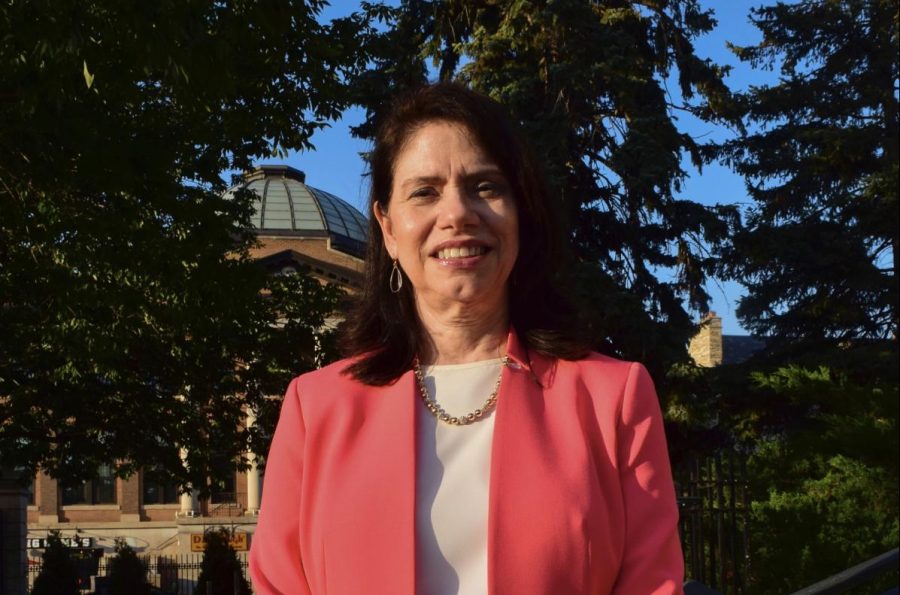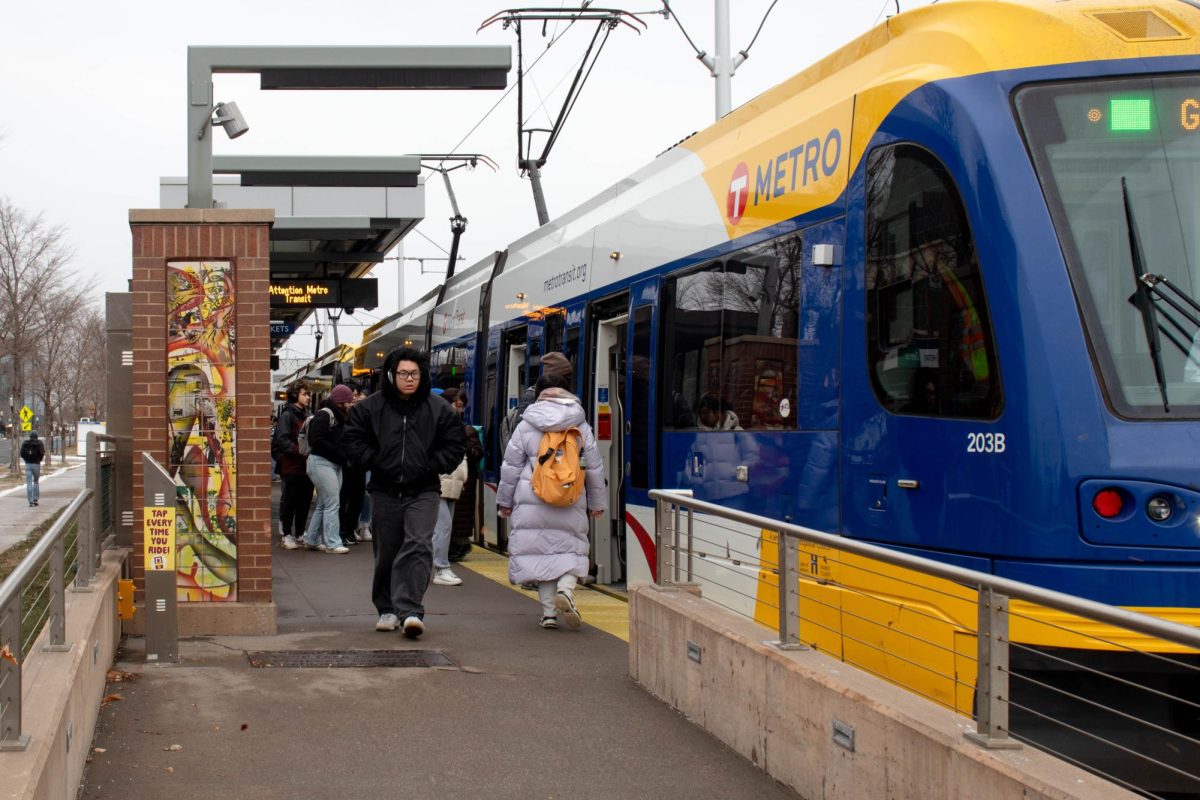After lawmakers prevented cities from banning plastic bags, officials are taking another route to limit their impact on the environment.
The Minneapolis City Council voted unanimously late last month to pass an ordinance requiring retailers citywide to charge customers for single-use carry-out bags. City officials say the ordinance is an effort to reduce waste by incentivizing both retailers and customers to use reusable bags.
The “Bring Your Own Bag” policy, authored by Ward 2 City Council member Cam Gordon, passed Nov. 22. This comes more than two years after an ordinance co-authored by Gordon would have banned single-use plastic and paper bags altogether.
This ordinance was eventually halted when the state Legislature passed a Republican-led budget bill containing a provision preventing cities from passing such policies.
“It’s hard to count how many bags that got distributed between when we would have prohibited it and ended up in the waste stream than if they hadn’t preempted it,” Gordon said. “We could have been implementing it all this time.”
According to a city presentation, less than five percent of the 87,000 tons of plastic bags thrown away statewide every year are recycled. Recycling plastic bags require a special facility and can often go through store r\eturns.
“If we are truly concerned about the greater biodiversity on our planet right now at a time when so much is being threatened, it behooves us to do this,” Cathy Geist, a biology professor at Minneapolis Community and Technical College, said at a public hearing for the ordinance on Nov. 18.
Patrick Hanlon, the City’s director of environmental programs, said the city engaged with businesses to find a compromise. The fee aims to reduce waste while also working as an incentive for businesses to encourage patrons to bring their own reusable bags, he said.
The charge will be tax-exempt for retailers, who get to keep the fee. Individuals using food assistance programs like the Supplemental Nutrition Assistance Program or the Women, Infants, and Children Program will be exempt from paying the 5 cents.
“We got a lot of feedback from retailers [and] from the business community and came to a good middle ground with this ordinance,” Hanlon said. “The rule is just that we have to ensure that they are charging customers for the bags and that they’re keeping track of that.”
The City will spend the first six months after the policy goes into effect Jan. 1 educating businesses about the requirements and will not fine noncompliant retailers. After June 1, businesses who do not follow the regulation will receive a warning letter then a $200 fine after a second violation.
Gordon said that while the fee is small, it will serve as a reminder to customers about the environmental impacts of single-use bags.
“My hope is that it will make more people think about it twice and remember to bring their own bag when they’re shopping at the store to save a little money,” Gordon said. “But mostly … when they’re thinking about it and seeing the money, they’ll remember that ‘Oh, [plastic bags are] also damaging the environment.’”







